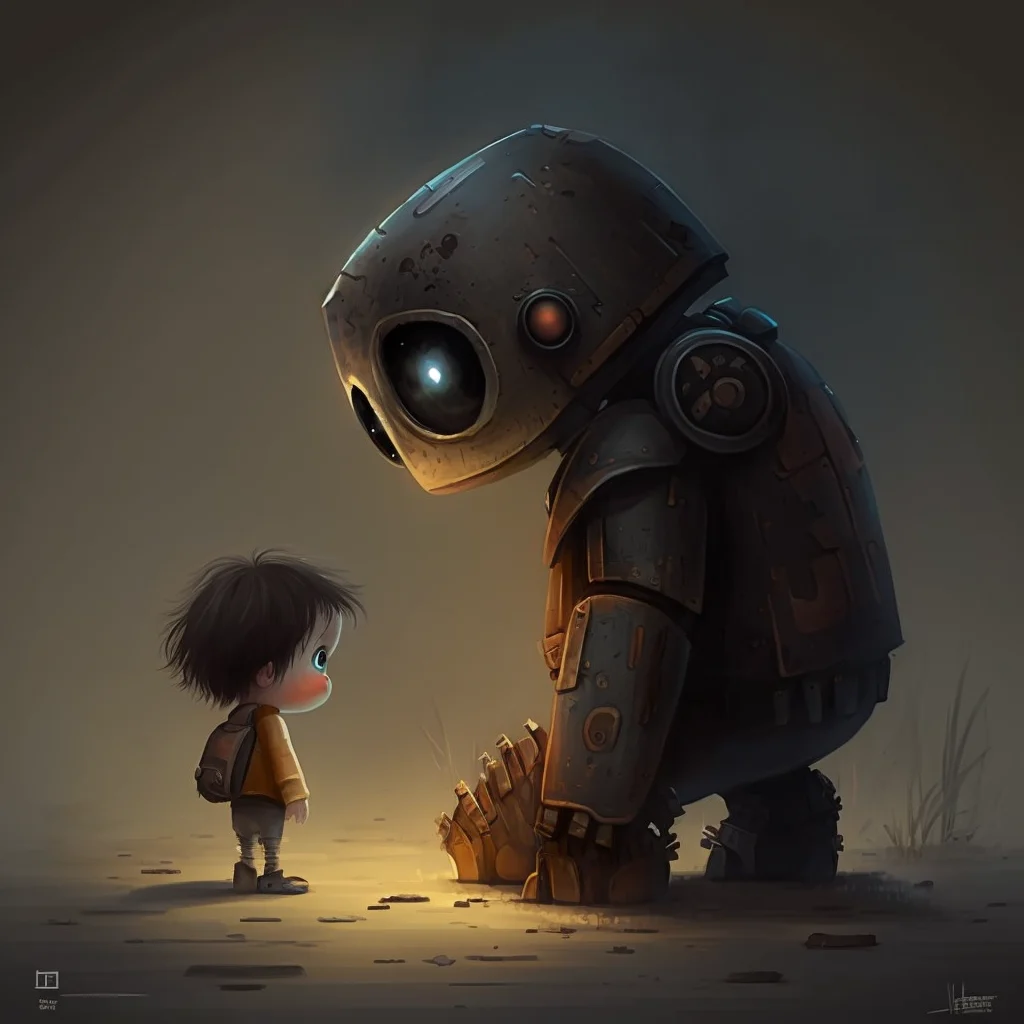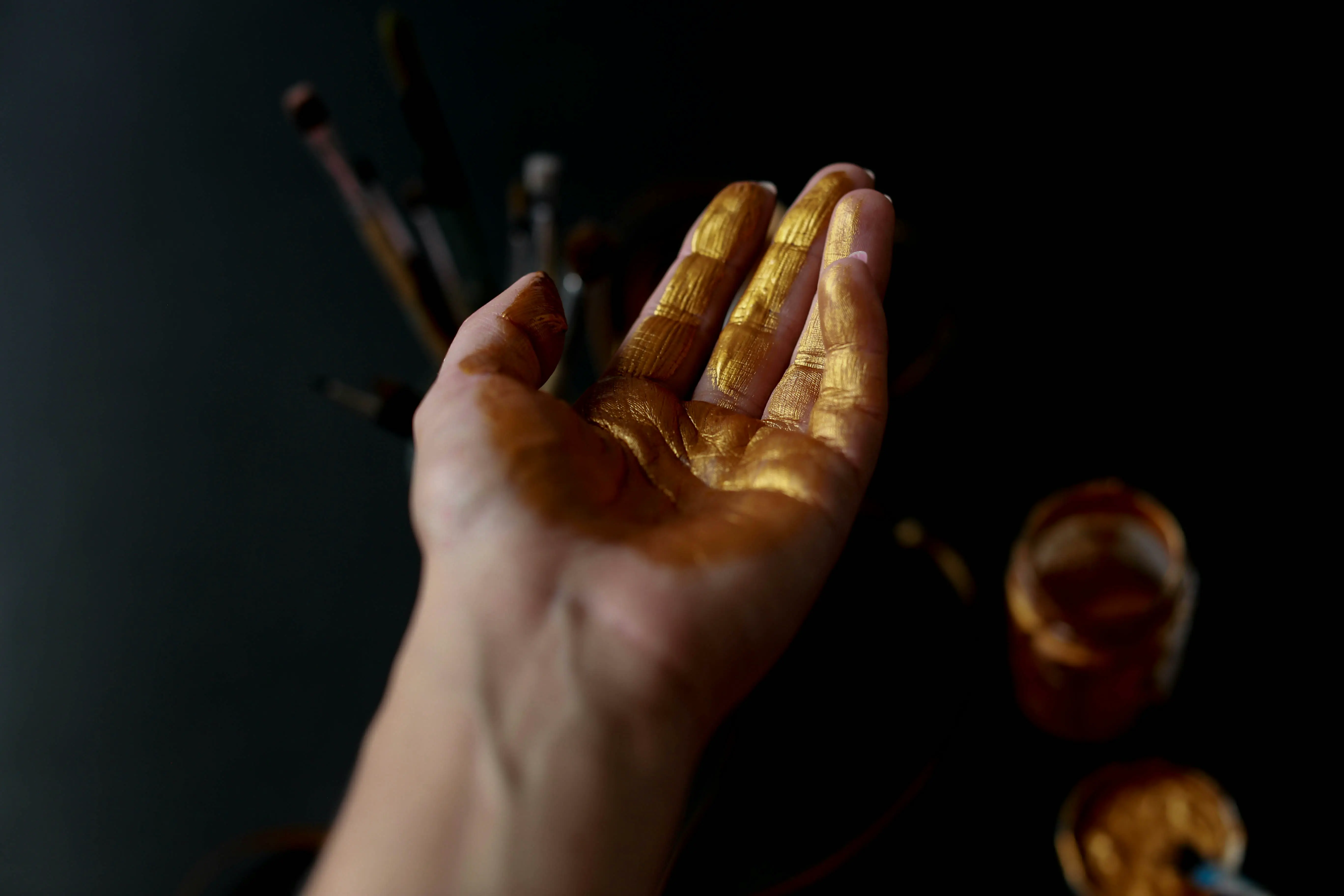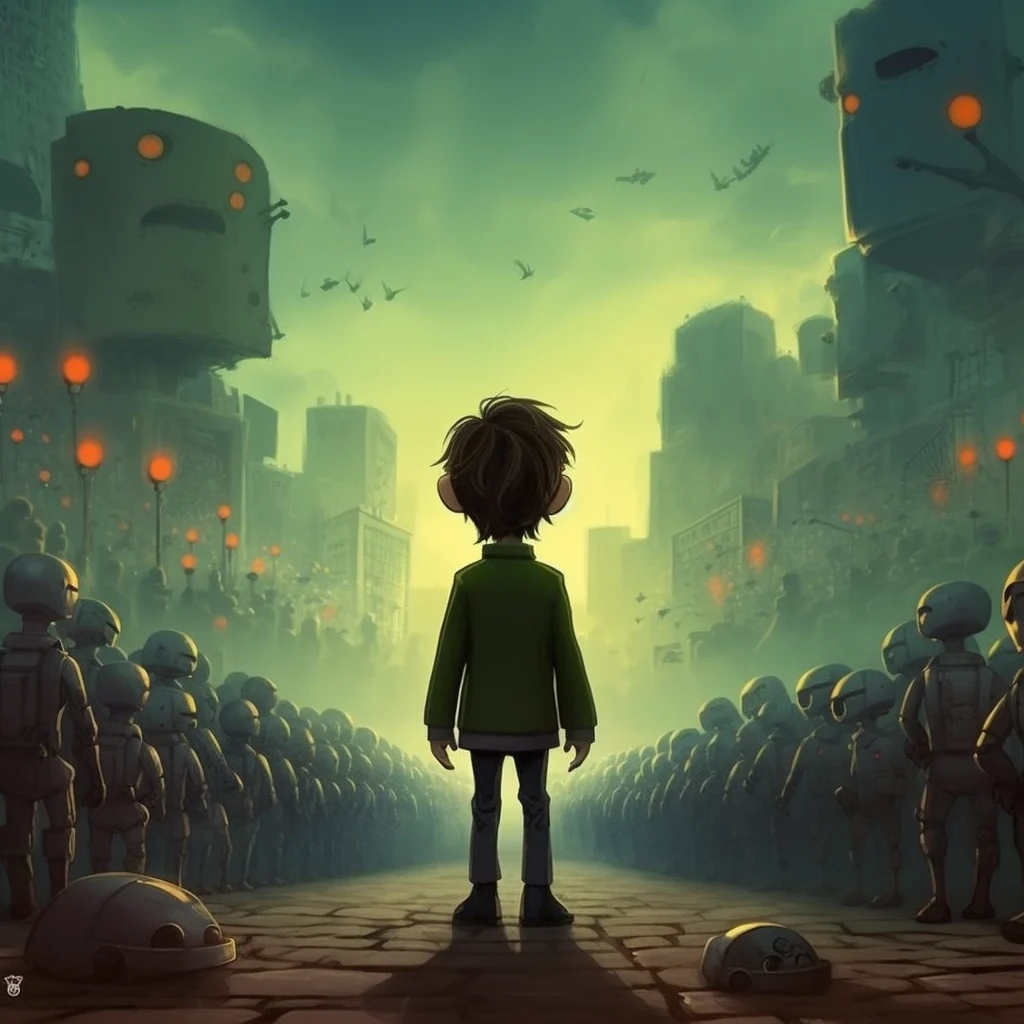Clarke's Third Law:
Any sufficiently advanced technology is indistinguishable from magic.
-- Arthur C. Clarke
Last night, my partner discussed with me the potential impact of AI on the entertainment industry, and I suddenly realized another interpretation of Clarke's Third Law:
While developing new technology requires inheriting old technology, just like operating systems and programming languages have a Support Lifecycle, old technology can become extinct due to the loss of users. When an old technology loses most of its users, it indeed becomes no different from magic.
For example, ten thousand years ago, fire-starting by drilling wood was a skill every household must possess, but now, only a few people can perform this task. Starting a fire requires strict conditions regarding the wood material, tinder quality, environmental conditions, technique, and even physical strength, which for ordinary people, are no longer common knowledge but have turned into content only found in wilderness survival guides.
Just like now, when I watch videos by Primitive Technology, although I understand the principle is friction generating heat, the ability to start a fire anywhere, anytime within a few seconds seems like magic.
The Loss of Old Technology and Crafts
Recent discussions about the potential unemployment of original artists also point to this.
For painters/artists, their core task is to create works that express thoughts through images.
Limited by the expression process, those dedicated to artistic creation often need to spend many years practicing drawing skills to meet the "expression of thoughts" skill requirement. Thus, the "practice of drawing skills" step has become part of the "painter" profession name.
But now, with AIs like the popular Midjourney or DALL·E 3, artists can skip the "practice of drawing skills" step and directly convert ideas into works.
In this case, drawing skills are no longer a "mandatory skill" for painters, and fewer people will practice drawing, gradually leading to the loss of the skill of holding a pen to draw.
AI will certainly cause a wave of technologies and crafts to enter this version of the obsolescence cycle.
Job Fusion
Furthermore, the paintings produced by artists only satisfy the "visual" sensory need. But shouldn't great works aim to satisfy all senses?
Artists certainly think so, but it was difficult to achieve before. Limited by time, skills, education, and forms of expression, creating artworks that satisfy all senses, such as "sight, hearing, taste, smell, imagination," etc., was too challenging.
As mentioned, an artist needs to hone their skills in manipulating the senses. If just mastering painting takes 7 years, how many 7 years does one have in a lifetime to train muscle memory? Besides, creating artworks that satisfy different senses requires learning corresponding knowledge and theories. How much time can artists spare for this outside honing their skills?
However, with the help of AI, artists freed from the time cage will have the opportunity to create such works, not limited to specific forms or their skills, needing only knowledge of the art domain—perhaps not even complete domain knowledge.
Thus, jobs that were split due to skill dependency need to be re-integrated or replaced, and new jobs must come closer to the ultimate goal, regardless of the intermediate steps.
Victory for Jack-of-all-trades
There's a description for mediocrity: "knowing a little about everything, mastering nothing".
Now, this mediocrity might not necessarily be a bad thing. If one's domain knowledge breadth is sufficient to cover an entire industry, and the depth is just more than enough to "judge the quality of task execution," they can manipulate AI well to complete tasks that previously required several people with different responsibilities.
Take movies, for example. The director has the highest demands for story, scene restoration, character shaping, and editing. His demands also drive the technical requirements for styling, materials, art design, photography, lighting, etc.
Only when different roles in the team control the knowledge in technical and non-technical aspects can they meet the director's needs for comprehensive control of the entire film—so, even though a film is made by the director and the team together, everyone still considers a movie to be the director's personal work.
Thus, the director is the person with the most comprehensive domain knowledge in the film production team.
With this comprehensive domain knowledge, he can start using AI to replace other people in the movie team, skipping all costs in the training process of other functions, and directly seeing the final product.
Take lighting as an example. The director might not know exactly how to set up the lights, but he must be very clear about what angles and what atmosphere of lighting he needs in his scene, so he can use professional language to tell AI what he wants, let AI make more rational suggestions, and output them to the product for his inspection.
In this way, will the future director's team still need professional lighting technicians
? Perhaps, but the number will significantly decrease, and their responsibilities will also change.
Thus, we can foresee that it might not be long before we see movies made by a single person.
Similar things will happen in tech companies. In Sam Altman's bet with others, he expressed this attitude before, and my friends and I have been experimenting with this possibility for over half a year now—with complete feasibility.
Take Quail as an example. So far, Quail still only has me and AI as programmers, with the latter probably contributing more than half of the code. I also provide Tech Consulting services. With the help of AI, the efficiency improvement in this service rollout is higher than in development, expected to be more than 10 times higher than without AI (traditionally, Consulting is a business that is hard to scale horizontally).
And a close friend of mine, with zero client-side programming experience, started an ESL program from scratch with the help of AI and even developed a corresponding methodology, already gaining several thousand seed users.
From this perspective, arguing about what tasks in your hands AI cannot do and taking pride in it might be something to regret in the future.
You might ask, does the company pay half of the salary to the programmer for the output produced by AI?
- First, the company might not pay this programmer a salary anymore.
- Second, if the company still wants to pay this programmer, then half of the output is purchasing his domain knowledge, buying his ability to pose reasonable questions and requests to AI.
The knowledge is there, but you need to chant the spells to make it visible.
Opening Thoughts
In the first cyberpunk novel in human history, "True Names," the internet terminal "Portals" mentioned is very similar to the current Apple Vision Pro and the future neural lace combination. But it saves bandwidth:
You might think that to convey the full sense imagery of the swamp, some immense bandwidth would be necessary. In fact, that was not so ... A typical Portal link was around fifty thousand baud, far narrower than even a flat video channel.
Portals actually provide suggestions, similar to the cue on stage that needs the actor to present specific behaviors and emotions, the rich sensory stimulation experienced in Portals comes from the brain's imagination and completion of these suggestions. When the brain has enough experience with both the real and virtual worlds, it can understand these suggestions and render the best virtual world.
Essentially, Portals are feeding Prompts to the brain, letting it dig up suitable scenes for itself.
Now, we need to do something similar, providing Prompts to AI, to dig up the knowledge we need. This process itself is also very much like mysticism. As mentioned in "True Names":
Ultimately, the magic jargon was perhaps the closest fit in the vocabulary of millennium Man.
Great wizards often work alone, as long as the elements in the air still respond to their spells and calls.






